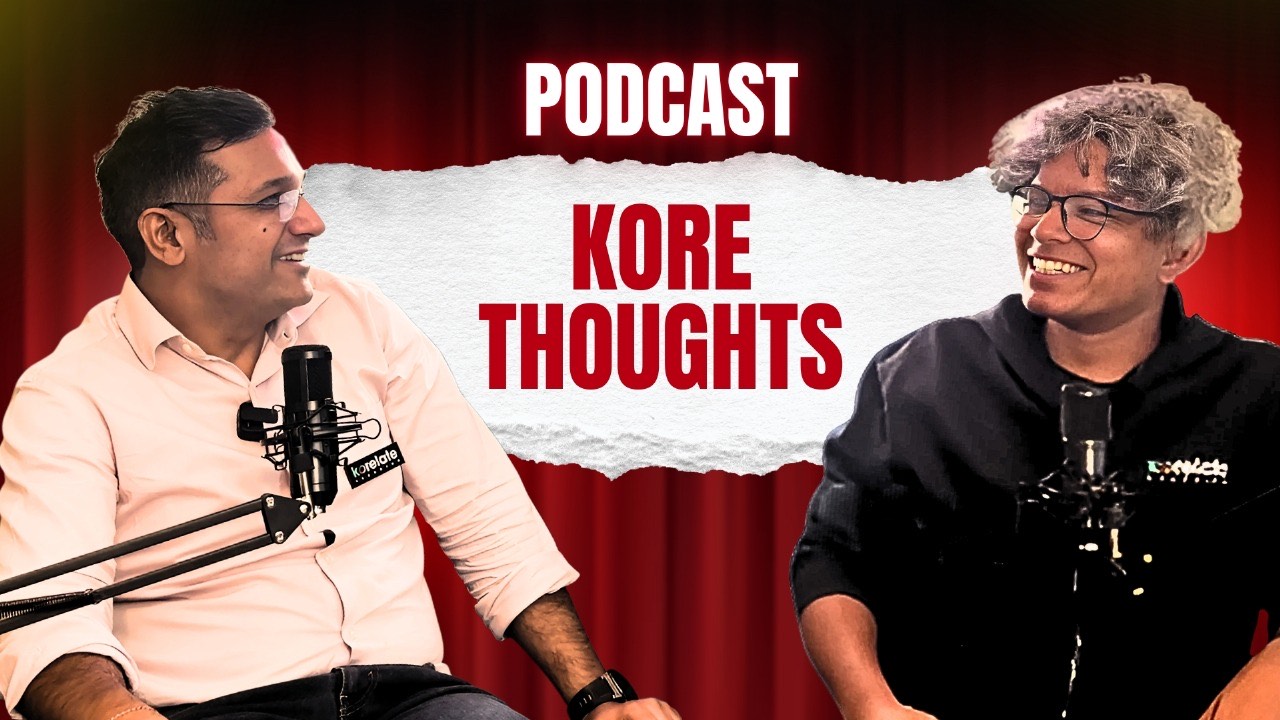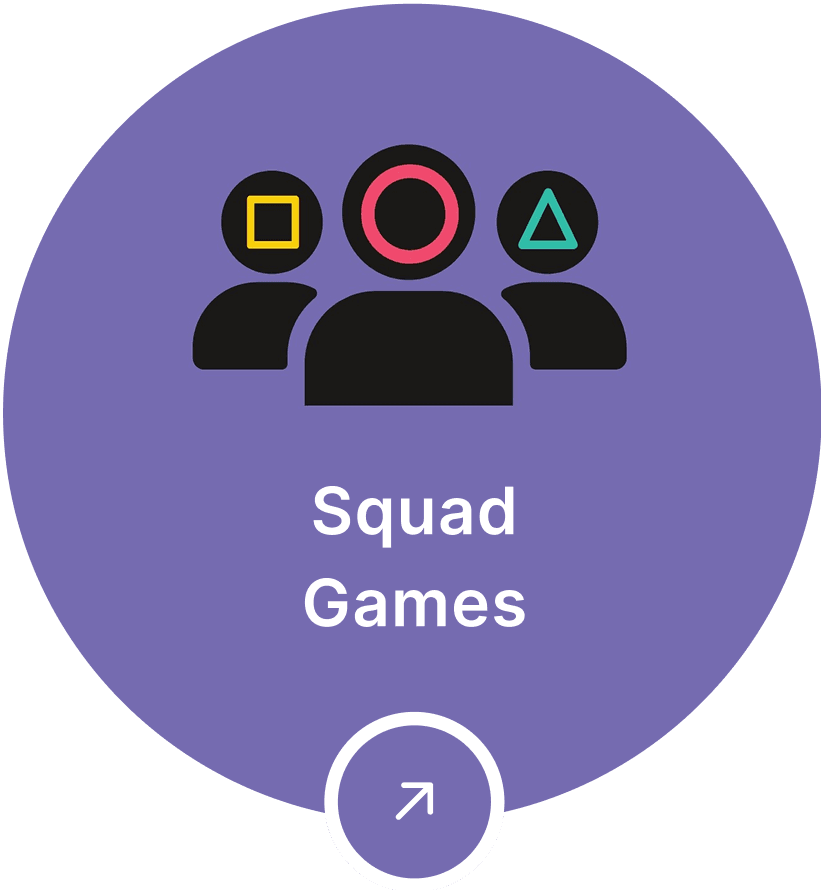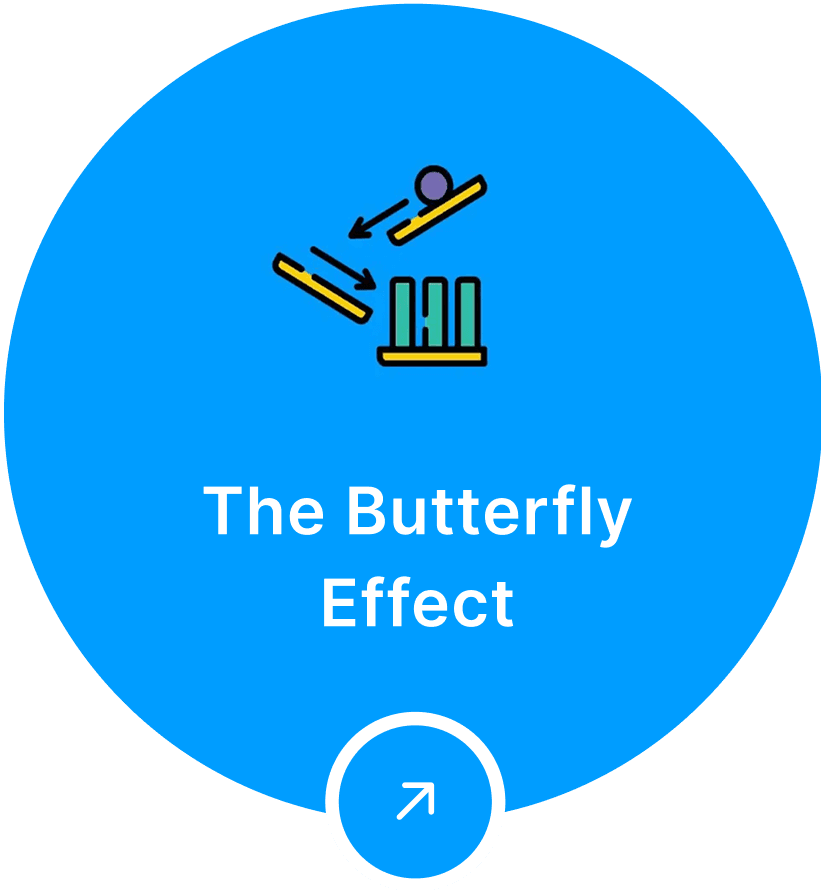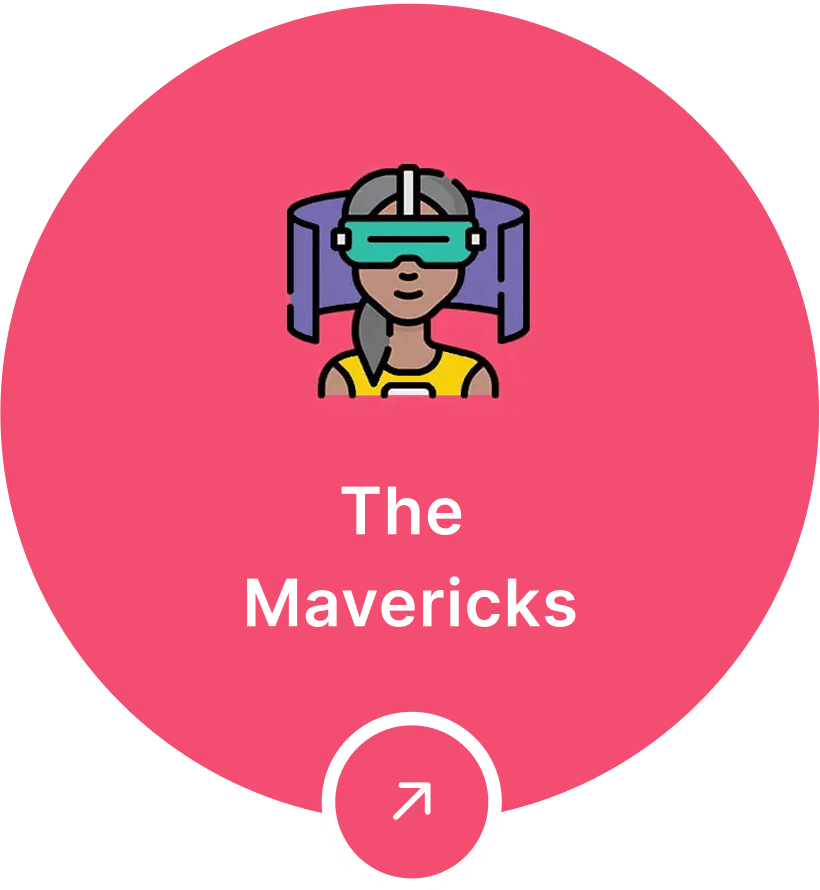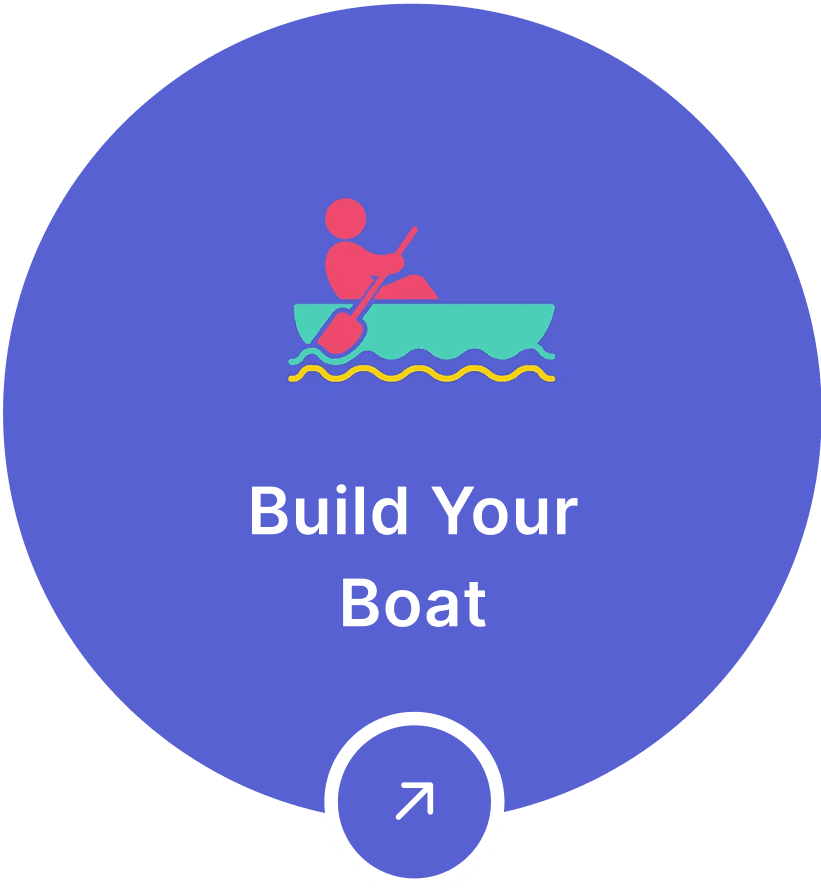In today’s dynamic business landscape, a strong company culture is no longer a perk; it’s a necessity. A positive and cohesive culture fosters employee engagement, boosts productivity, and ultimately fuels business success. But how do you cultivate such a culture within your organization? Enter the world of corporate team-building activities.
This blog post, brought to you by Korelate Learnings, a leading provider of team-building experiences, dives deep into the transformative power of team-building. We’ll explore how well-designed activities go beyond mere bonding exercises, acting as catalysts for a stronger company culture built on collaboration, communication, and trust.
The Power of Company Culture
Company culture is the foundation upon which a successful organization is built. It encompasses the shared values, beliefs, attitudes, and behaviors that define how employees interact with each other, their leaders, and the company as a whole. A strong company culture offers a multitude of benefits, including:
-
Employee Engagement:
When employees feel valued, respected, and part of a team, they’re more likely to be:
- Motivated: A strong culture fosters a sense of purpose and ownership, leading to a more motivated workforce.
- Satisfied: Employees who feel happy and fulfilled at work are more likely to experience higher job satisfaction.
- Productive: Engaged employees are more productive and efficient, leading to better business outcomes.
-
Improved Communication and Collaboration:
A positive culture fosters:
- Open Communication: Employees feel comfortable sharing information and ideas openly and honestly.
- Collaboration: Teams work together effectively towards common goals, breaking down silos and fostering cross-departmental collaboration.
- Problem-Solving: Effective communication and collaboration lead to better problem-solving and decision-making within the organization.
-
Reduced Conflict and Increased Trust:
When employees trust and respect each other,
- Conflict is minimized. Open communication and a shared understanding of expectations help to prevent misunderstandings and conflict.
- Teamwork flourishes: Employees are more willing to help each other, share knowledge, and support one another’s success.
- Psychological safety is fostered: employees feel safe to take risks, share ideas, and offer feedback without fear of judgment.
-
Enhanced Innovation:
A culture that encourages:
- Creativity: Employees feel empowered to think outside the box and come up with new ideas.
- Risk-taking: A culture that embraces calculated risks fosters innovation and helps bring new ideas to life.
- Diverse perspectives: A culture that values diversity of thought and experience leads to a richer pool of ideas and a more innovative workforce.
-
Employee Retention:
A strong company culture is a powerful tool for attracting and retaining top talent.
- Lower turnover: Employees who feel happy, engaged, and valued are less likely to leave the company.
- Employer branding: A positive company culture can attract top talent seeking a workplace that aligns with their values.
-
Celebrating Diversity and Inclusion:
- Valuing unique perspectives: Team-building activities can be designed to celebrate the diversity of thought and experience within a team. When team members from different backgrounds feel valued for their unique strengths and perspectives, they’re more likely to:
- Contribute their ideas: Employees feel comfortable sharing their ideas, leading to a richer pool of solutions and approaches.
- Be innovative. Diversity of thought fosters innovation as teams explore problems from different angles.
- Feel included: A culture that celebrates diversity creates a sense of belonging for all employees.
- Valuing unique perspectives: Team-building activities can be designed to celebrate the diversity of thought and experience within a team. When team members from different backgrounds feel valued for their unique strengths and perspectives, they’re more likely to:
-
Building Shared Experiences and Memories:
- Team bonding: team-building activities create shared experiences that can strengthen team bonds and camaraderie. When team members have fun together outside of the daily grind, they’re more likely to feel connected and supportive of each other.
- Positive associations: Fun and engaging team-building activities create positive associations with work and the company, boosting morale and employee satisfaction.
- Team spirit: Overcoming challenges and achieving goals together fosters a sense of team spirit and shared accomplishment.
How Team-Building Activities Strengthen Company Culture
Team-building activities are powerful tools for building a stronger company culture in several ways:
-
Building Relationships and Breaking Down Silos:
- Cross-departmental interaction: Team-building activities bring together individuals from different departments who may not typically interact. This helps to break down silos, build relationships, and foster a sense of belonging across the organization.
- Informal interactions: Team-building activities often involve informal interactions outside the usual work setting, creating opportunities for employees to connect on a more personal level.
- Shared experiences: Working together towards a common goal creates shared experiences and memories that can strengthen team bonds and camaraderie.
-
Promoting Communication and Active Listening:
- Collaborative activities: Many team-building activities rely heavily on teamwork and collaboration, requiring clear communication and active listening skills.
- Effective communication: As teams work together, they practice giving and receiving clear instructions, expressing ideas effectively, and actively listening to one another.
- Conflict resolution: Team-building activities can provide opportunities to practice conflict resolution skills in a safe and controlled environment.
-
Encouraging Trust and Psychological Safety:
- Safe space for interaction: Effective team-building activities create a safe space where team members feel comfortable taking risks, sharing ideas, and offering feedback without fear of judgment.
- Building trust: As teams work together successfully and overcome challenges, trust is built and strengthened.
- Open communication: A culture of trust fosters open communication, where employees feel comfortable sharing information and ideas openly and honestly.
Examples of Team-Building Activities for Company Culture
Corporate team-building companies like Korelate Learnings offer a wide range of activities designed to address your specific company culture needs. Here are a few examples:
-
Pedals of Joy:
Teams build bicycles in a heartwarming CSR activity. Side challenges and banter add fun. Unbeknownst to them, the bikes are donated to underprivileged children, bringing smiles.
-
The Butterfly Effect:
Teams use strategic thinking to create Rube Goldberg-inspired contraptions, testing cross-functional collaboration. Join devices for a massive chain reaction in this unique activity.
-
Spartacus:
Renowned rulers compete in a chariot race. Teams construct chariots, armor, and crowns, aiming to safely carry their ruler to victory.
-
City-wide hunt:
Teams race through the city, solving clues and completing challenges at checkpoints. Like the Amazing Race, they immerse themselves in culture, food, and teamwork to reach the finish.
-
Everest Challenge:
Teams build square and triangular pyramids based on guidelines and a theme. They stack the pyramids to form one giant pyramid, aiming for a cohesive design.
Remember, the key to successful team building is choosing activities that align with your company’s culture goals.
The Role of Team-Building Companies
Korelate can be a valuable partner in your journey toward building a stronger company culture. Here’s how Korelate Learning can help:
-
Needs Assessment:
We don’t just offer generic activities; we take a customized approach.
- Consultative approach: We work closely with you to understand your company culture, specific goals (e.g., improve communication, boost collaboration), and team dynamics.
- Data-driven insights: We may use surveys or interviews to gather additional data about your company’s culture and employee needs.
-
Activity Selection and Customization:
We curate a selection of team-building activities tailored to your specific needs and desired outcomes.
- Variety of activities: We offer a wide range of team-building activities to suit different preferences, budgets, and company sizes. These can include:
- Creative workshops: Encourage problem-solving and “thinking outside the box.”
- Communication workshops: Enhance communication skills and conflict resolution strategies.
- Volunteer activities: Promote social responsibility and team spirit.
- Escape rooms: Foster teamwork and problem-solving under pressure.
- Social events: Build relationships and boost morale in a relaxed setting.
- Customization: We can customize existing activities or design new ones to perfectly align with your company’s cultural goals.
- Variety of activities: We offer a wide range of team-building activities to suit different preferences, budgets, and company sizes. These can include:
-
Facilitation and Debriefing:
Our experienced facilitators ensure a successful and impactful experience.
- Engaging facilitation: Our facilitators guide the activities in a fun and engaging way, ensuring maximum participation and learning from all team members.
- Meaningful debriefing: We don’t just run the activity and leave. We lead debriefing sessions to connect the activity back to your company’s culture goals. This helps participants reflect on their learnings and apply them to their everyday work environment.
-
Measurement and Tracking:
We can help you measure the impact of team-building activities on key metrics like employee engagement, communication, and collaboration. This data can be used to refine your approach and track progress toward your company culture goals.
- Pre- and post-program surveys: We can conduct surveys to gauge employee sentiment towards teamwork, communication, and overall company culture before and after the team-building program.
- Team performance metrics: If your goals involve improving collaboration or problem-solving within specific teams, we can help you track relevant performance metrics before and after the program.
- Focus groups and interviews: In-depth discussions with team members can provide valuable insights into how the team-building activities impacted their experience and interactions with colleagues.
Our mission is to deliver workshops that go beyond surface-level engagement, fostering deep learning experiences that empower participants to grow professionally and personally.
Investing in team building is an investment in the future of your company. A strong company culture fosters a sense of belonging, purpose, and shared goals. By incorporating well-designed team-building activities into your company culture strategy, you can unlock the full potential of your workforce and create a truly successful organization.
Contact Korelate Learnings today to discuss your specific needs and explore how our team-building programs can help you build a stronger and more vibrant company culture. We look forward to partnering with you on your journey toward a happier, more productive, and innovative workplace!







